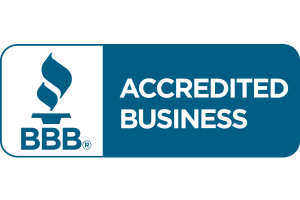Escrow: What is it and how can it affect my foreclosure case?
An escrow account is a part of virtually every real estate transaction in the state of Florida. In real estate transactions, the word escrow can mean several different things. When you are buying a home from a third party, you most likely wrote an ‘escrow’ check that was held by a neutral third party while you and the seller negotiated a purchase contract. The term escrow is also used when you are borrowing money from a lender. In this context, the lender creates an escrow account to hold money for property taxes and homeowner’s insurance. This is the type of escrow relevant to defending a foreclosure action.
Think of an escrow account as a type of forced savings. Generally, the lender will divide the cost of your anticipated property tax by 12 and then collect that much each month in addition to your payment for principal and interest. The lender generally requires this in order to secure their collateral. It wants to make sure that the property taxes are paid because a tax lien would supercede their own. Likewise, it wants to make sure there is adequate insurance on the home in the event that a fire or something happens to its collateral. There is nothing inherently wrong with the idea of an escrow account. In fact, it is probably in your best interest to have one to ensure that your taxes and insurance is paid each month. However, the issue becomes whether or not the lender was requiring you to pay too much into the escrow account, which may have contributed to your defaulting on the loan and ultimate foreclosure action.
Section 10 of the Real Estate Settlement Procedures Act (RESPA) limits the amount of money a lender may require the borrower to hold in an escrow account. RESPA also requires the lender to provide the initial and annual escrow account statements. It is certainly not unheard of that the lender may be requiring too much money into your escrow account. There is a formula that the lenders must follow and a maximum they are allowed to charge. It you believe your lender is charging to much you do have certain remedies such as making a “qualified written request” to the lender concerning the servicing of the loan account.
This is just one of many options available. However it is best to consult an experienced foreclosure attorney. He or she can help figure out if you were charged too much and can also get part of the amount waived at or before trial.






